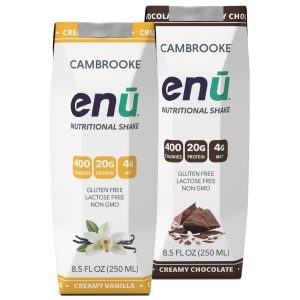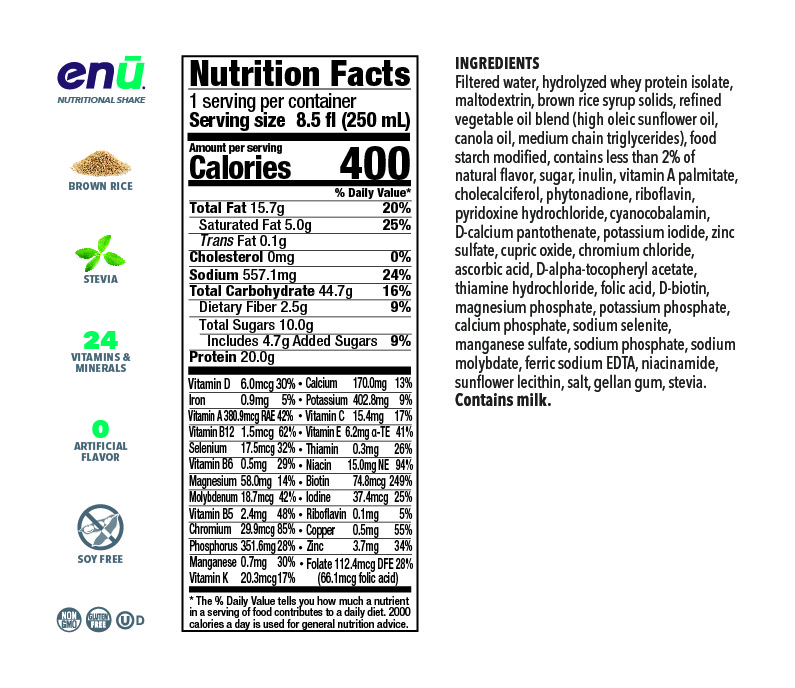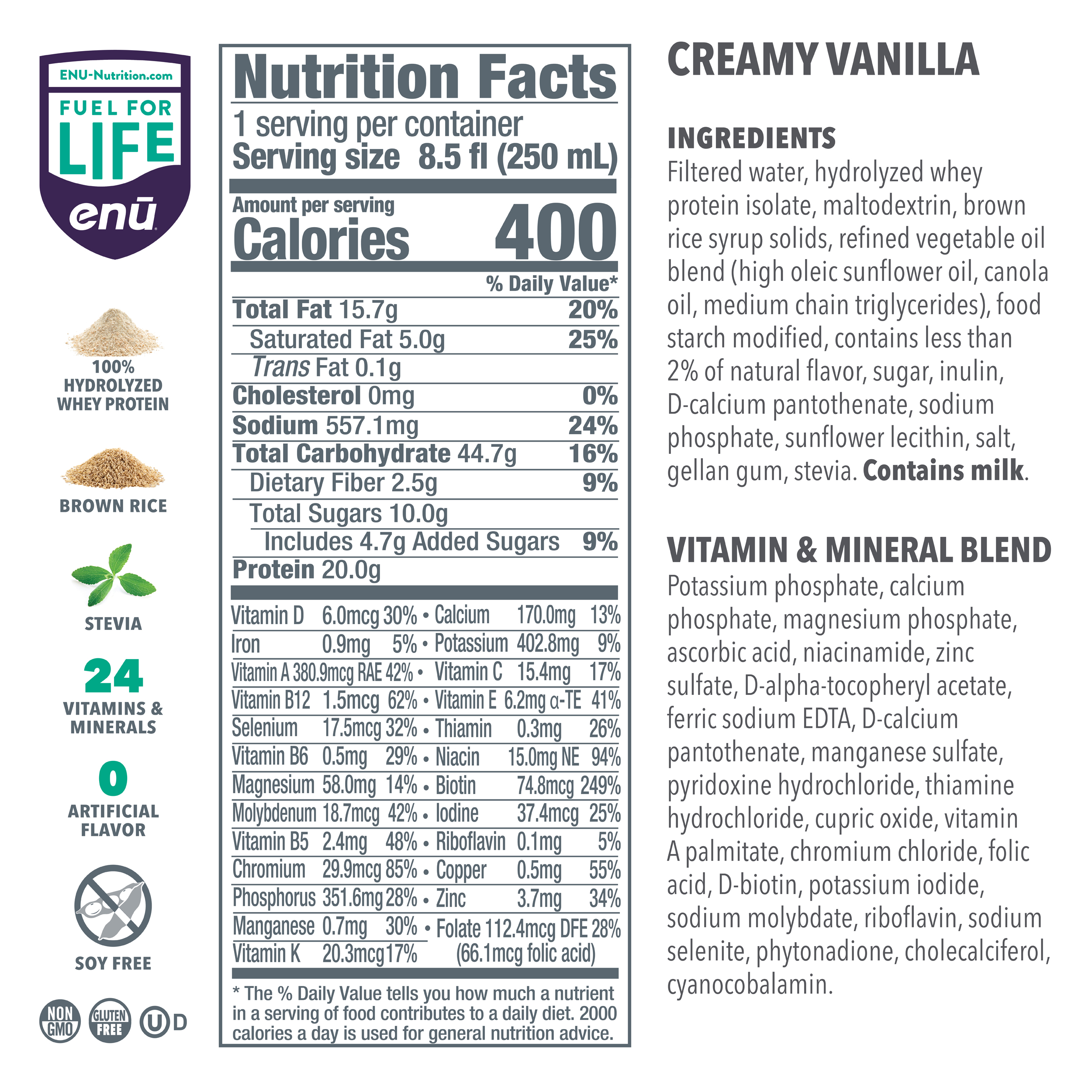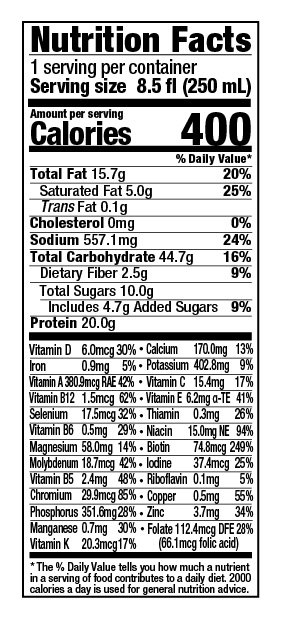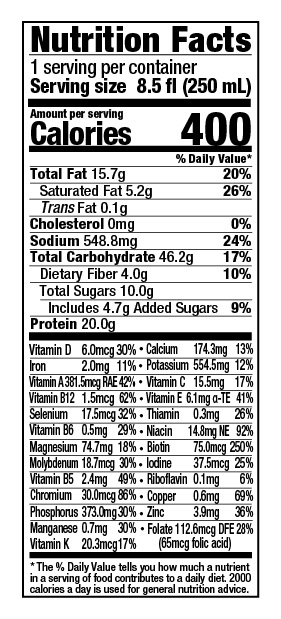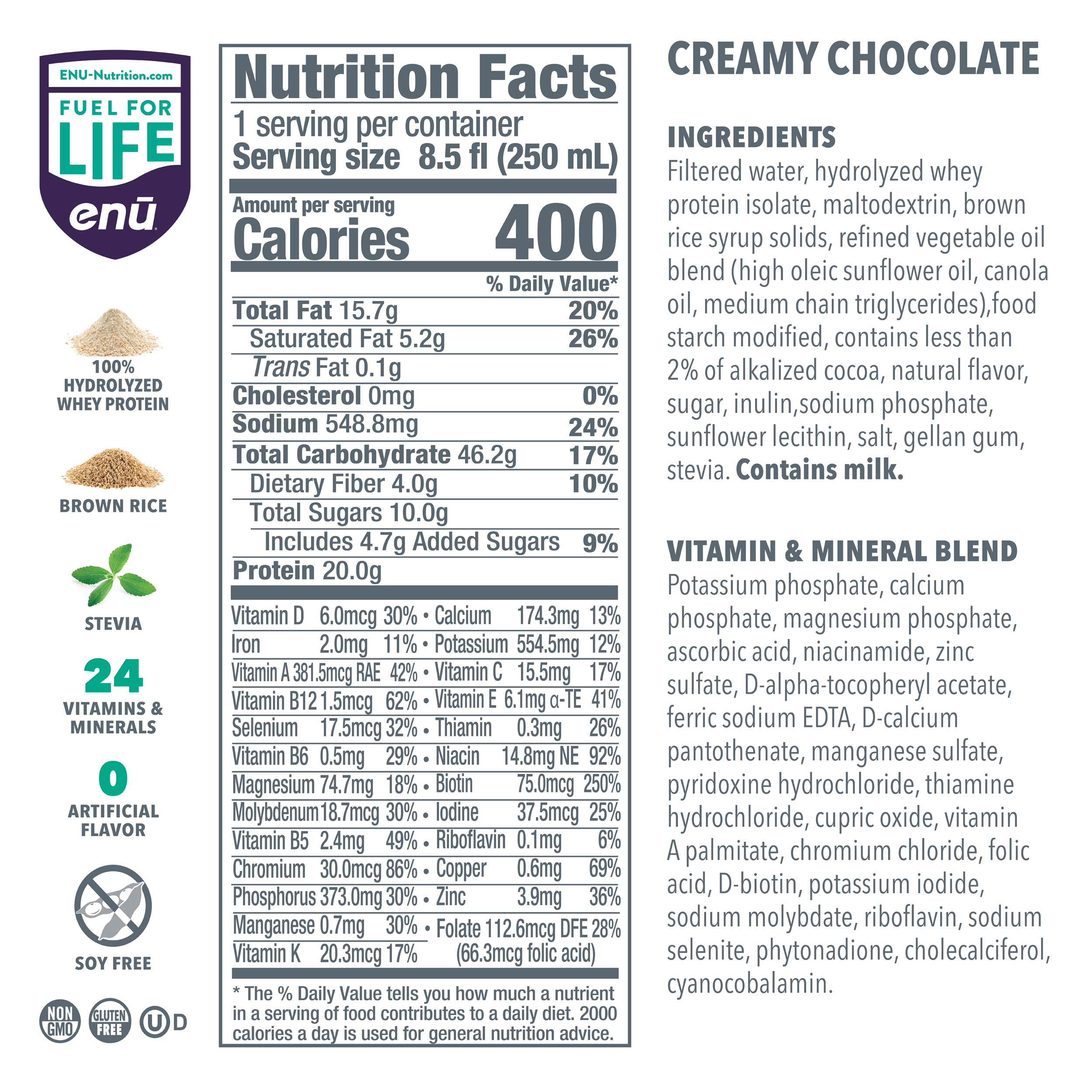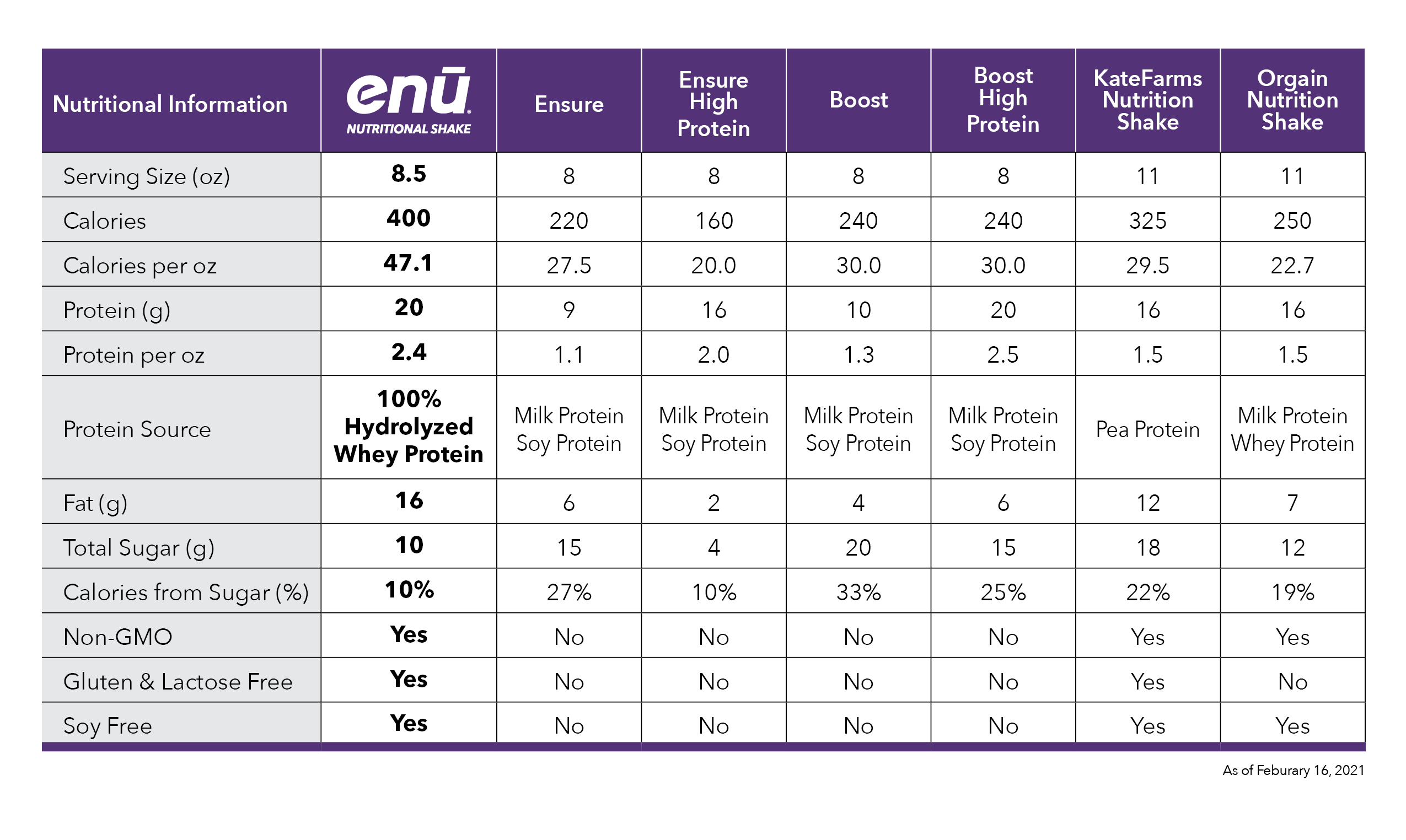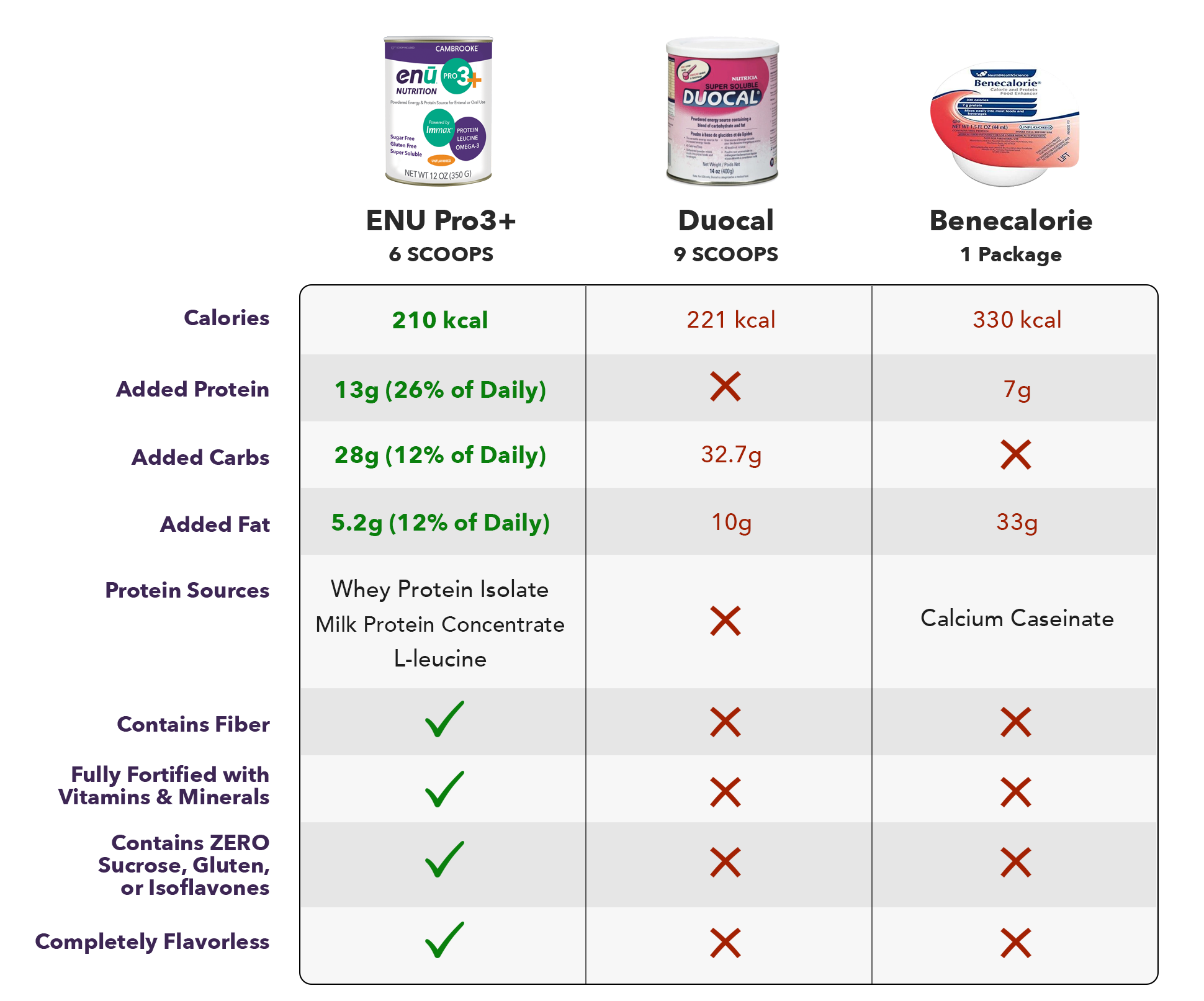
Get a FREE
ENU Intro Pack*
*Just Pay $2.00 Shipping
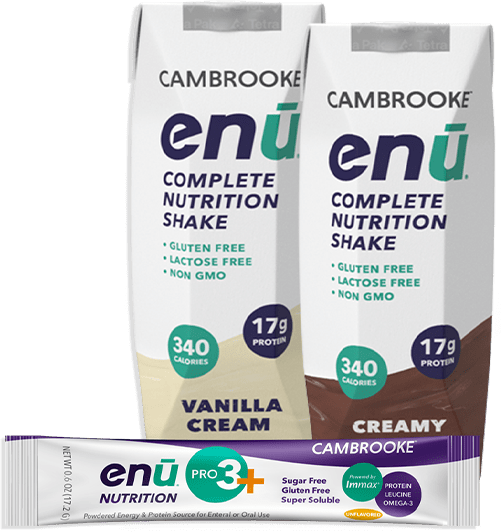
Should I Eat If I Have No Appetite?
Though most of us take it for granted, having an appetite – or not having one, as the case may be – can have a significant impact on a person’s overall health and well-being. Without this instinct telling us that we need to refuel, it would be easy to skip meals or eat too little, which can lead to unwanted weight loss or even malnutrition. Those with no appetite often struggle to get the nutrients they need to survive, even when they make an effort to eat regularly. If you are seldom hungry and want to know whether you should eat if you have no appetite, keep reading as the meal replacement shake providers at ENU discuss this issue.
Common Reasons People Have No Appetite
Having an appetite may seem like a completely normal experience to most of us, but there are plenty of reasons why a person might not get hungry in the way many other people do. These reasons include a number of medical conditions and environmental factors, and because each person is different, these issues can impact appetite to varying degrees. Below are a few of the common reasons a person might not have an appetite.
Cancer Treatments
Despite the fact that they’re intended to improve patients’ health, most cancer treatments come with side effects that range in severity from minor to debilitating, and many of these side effects can impact a patient’s appetite. Patients receiving chemotherapy, for instance, often develop mouth sores, changes in their sense of taste, or intense nausea and vomiting – all of which could make a person lose their appetite and prompt the use of liquid nutritional supplements for cancer patients or other dietary aids. Other frequently used cancer treatments that can cause a loss of appetite include immunotherapy and radiation treatments, especially when applied to the head, neck, or abdomen.
Common Illnesses
A loss of appetite isn’t always cause for alarm; in many cases, it’s simply a sign that you’re suffering from a common illness, such as a cold or the flu. In fact, a number of bacterial and viral infections, such as gastroenteritis, could affect a person’s level of hunger, as could digestive conditions like gastroesophageal reflux disease (also called acid reflux), hormonal imbalances, or food poisoning.
Psychological Issues
In addition to the many possible physical causes of a loss of appetite, psychological disorders might also be to blame for this type of issue. Depression, for instance, often leads someone to lose interest in food, and the well-known disorder called anorexia nervosa can also reduce or eliminate a person’s appetite, forcing some to use weight gain shakes for anorexia. Even simple stress – something we all struggle with from time to time – can make someone lose their appetite if experienced to a great enough degree.
Medications
Because the same medication will often affect different people in different ways, a side effect experienced by one patient might not occur in most others. In addition to the drugs used in chemo, there are a few other types of medication that can cause a person to lose their appetite, including antibiotics and sedatives. Recreational drugs, such as cocaine or methamphetamine, may also cause a loss of appetite in some users.
How to Eat If You Have No Appetite
Even if your body has stopped telling you that you’re hungry, it’s important that you continue to eat normally. Regardless of whether you have an appetite, your body is still operating, so you can be sure that it’s burning calories and using up nutrients – both of which need to be replenished regularly. Not only does this mean that you absolutely should eat if you have no appetite, but it also means that you might have to put some thought into what the best way to accomplish that goal may be.
One of the most effective strategies for eating with little to no appetite is to adapt your habits to account for this issue. If you only get hungry in the morning, for instance, try to have a big breakfast with as many different foods and nutrients as you can tolerate; if you only experience hunger intermittently throughout the day, keep healthy snacks on hand so that you can eat in those moments when your appetite returns. Don’t be afraid to diverge from the standard “three square meals a day” model of eating if it helps you get the proper amount of nutrients.
If your lack of appetite has resulted in unwanted weight loss, be sure to talk to your doctor to come up with a plan to restore your weight in a healthy way. Protein shakes for weight gain can sometimes help, especially when they offer a variety of nutrients, but for those struggling to maintain a healthy weight, calories are especially important. Cooking with oils, using lots of condiments, and enjoying high-calories snacks are all ways you can boost your calorie intake without having to add lots of food to your diet.
Balanced Meal Replacement Shakes for People with No Appetite
For those struggling to get the calories and nutrients they need to stay healthy, a balanced meal replacement shake from ENU might be the answer. Each carton contains 400 calories derived from real food ingredients, including 20 grams of protein from whey and soy, complex carbs drawn from whole grains, heart-healthy fats in the form of coconut and sunflower oils, and a blend of more than 20 important vitamins and minerals. Learn more about ENU meal replacement shakes by visiting us online or calling (855) 266-6733 today.
